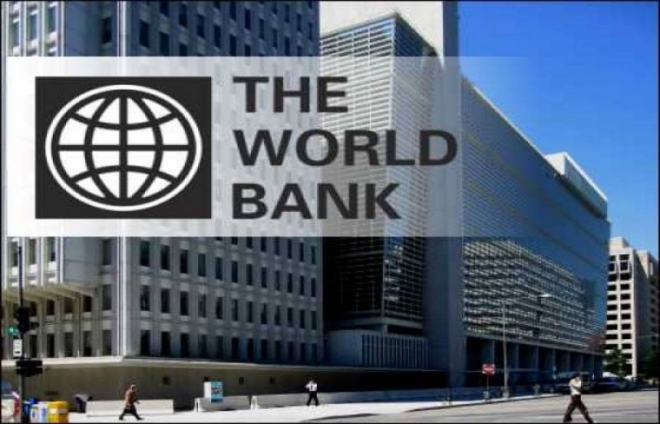
Audio By Carbonatix
Despite new international challenges, poor harvests, and the price shocks of 2022, many countries in Sub-Saharan Africa (SSA) saw improvements in their social inclusion policies and their structural policies—both of which are reflected in the latest Country Policy and Institutional Assessment (CPIA) scores for 39 countries in the region.
The CPIA is an annual diagnostic tool for countries eligible for financing from the International Development Association (IDA), the part of the World Bank that helps the world’s poorest countries.
The 2023 report provides an assessment of the quality of policies and institutions in all 39 International Development Association (IDA)–eligible countries in SSA for calendar year 2022. Countries are rated on a scale of 1 (low) to 6 (high) across 16 dimensions reflecting four areas: economic management, structural policies, policies for social inclusion and equity, and public sector management and institutions.
The average overall CPIA scores in SSA remained stable at 3.1. While many countries made improvements in “policies for social inclusion” and “structural policies”, these improvements were offset however by stagnation in “economic management” and “public sector management and institutions.”
“At a time of high global interest rates and weak economic growth, it is encouraging to see progress in policy reform, especially around private-sector reforms and protecting vulnerable people from economic fluctuations,” said Nicholas Woolley, Economist with the World Bank Office of the Chief Economist for Africa.
In 2022, the gap between sub-regions grew, as Western and Central Africa (AFW) continued its upward trend, improving scores slightly from 3.2 to 3.3, while Eastern and Southern Africa (AFE) remained unchanged at 3.0.
However, this gap can largely be attributed to the performance of fragile and conflict-affected states (FCS). In 2022, the four lowest-scoring countries (South Sudan, Eritrea, Somalia, and Sudan) were located in AFE and were experiencing conflict and fragility. Without these four states, the score between sub-regions is almost identical. While AFW also contains fragile and conflict-affected states, they performed relatively well, especially in economic management scores, owing perhaps to the beneficial impact of currency unions in West Africa.
Besides providing scores, the CPIA report highlights policy trends and examples of best practices in specific areas such as inflation, currency management, financing, growth, social protection, transparency, and accountability.
“The frequency, comprehensiveness, and rigor of the CPIA review can help drive country engagements and underpin an evidence-based dialogue around countries’ reform agenda,” said Andrew Dabalen, World Bank Chief Economist for Africa.
Latest Stories
-
Ghana is rising again – Mahama declares
2 hours -
Firefighters subdue blaze at Accra’s Tudu, officials warn of busy fire season ahead
3 hours -
New Year’s Luv FM Family Party in the park ends in grand style at Rattray park
3 hours -
Mahama targets digital schools, universal healthcare, and food self-sufficiency in 2026
3 hours -
Ghana’s global image boosted by our world-acclaimed reset agenda – Mahama
3 hours -
Full text: Mahama’s New Year message to the nation
3 hours -
The foundation is laid; now we accelerate and expand in 2026 – Mahama
4 hours -
There is no NPP, CPP nor NDC Ghana, only one Ghana – Mahama
4 hours -
Eduwatch praises education financing gains but warns delays, teacher gaps could derail reforms
4 hours -
Kusaal Wikimedians take local language online in 14-day digital campaign
5 hours -
Stop interfering in each other’s roles – Bole-Bamboi MP appeals to traditional rulers for peace
5 hours -
Playback: President Mahama addressed the nation in New Year message
5 hours -
Industrial and Commercial Workers’ Union call for strong work ethics, economic participation in 2026 new year message
7 hours -
Crossover Joy: Churches in Ghana welcome 2026 with fire and faith
7 hours -
Traffic chaos on Accra–Kumasi Highway leaves hundreds stranded as diversions gridlock
7 hours

